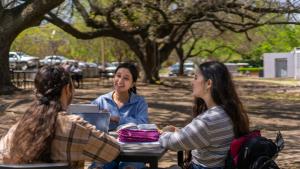Ashlye works as the Managing Editor for InterVarsity's Communications Team in Madison, Wisconsin. She enjoys deep conversations with friends and adventures with her husband (a Video Producer for InterVarsity) and their corgi, Penny. You can support her ministry here: donate.intervarsity.org/donate#21368.












Add new comment